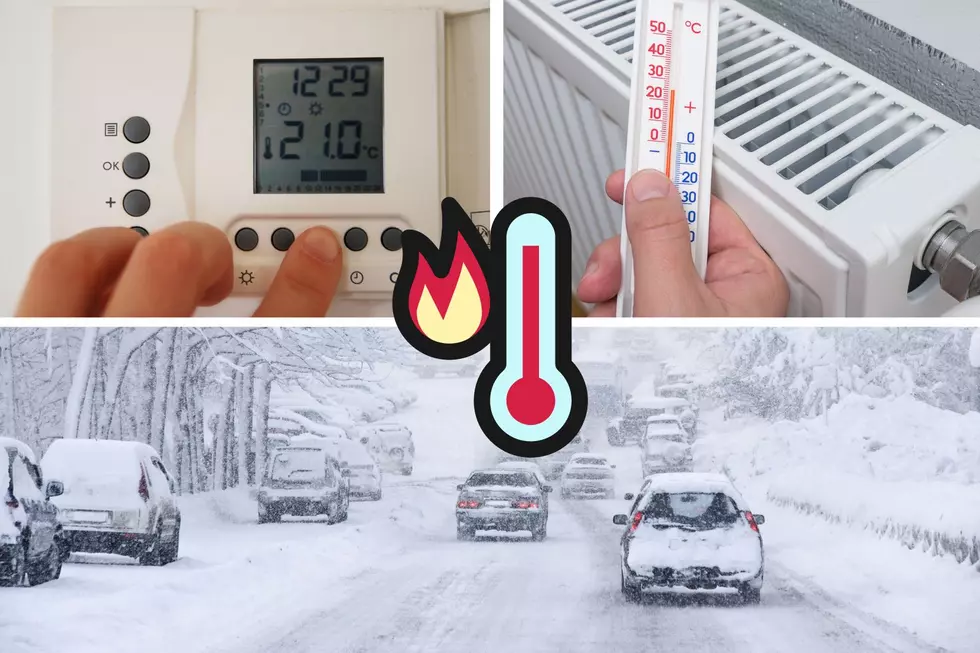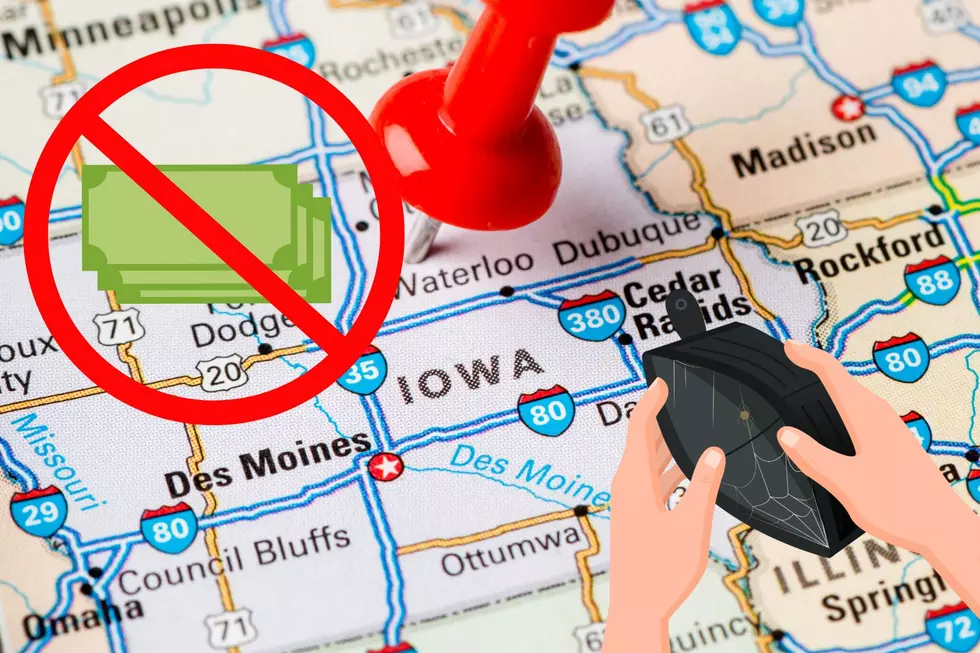
Dubuque, Tri-Staters Should Expect Higher Heating Bills This Winter
With another winter in store, and sure to make its presence known in just a couple of weeks, local residents in Dubuque and the Tri-States as a whole can anticipate higher bills to heat their homes this season.
According to the Telegraph Herald, representatives with multiple area utility companies project that residents who use natural gas to heat their homes will see about a 30% increase in their bills compared to 2021. This comes after the U.S. Energy Information Administrations released their fuels outlook, which estimates a 28% increase in Americans' heating bills.
Tony Palese, a spokesperson for Alliant Energy, said there are a barrage of factors at play here, including the high demand for natural gas coupled with low levels of gas reserves. There's also a limited supply of fuel globally due to Russia's ongoing invasion of Ukraine.
Meanwhile, Mike Casper, the President and CEO Of Jo-Carroll Energy, said Jo Daviess County residents can expect an increase of approximately 30% to their natural gas bill compared to last year. Jo-Carroll Energy customers will also be faced with an added "power cost adjustment," an additional charge of 1.35 cents per kilowatt hour used.
The average Jo-Carroll Energy customer uses about 1,000 kilowatt hours per month.
Finally, Nicole Breitbach, Senior Communications Affairs Manager with Black Hills Energy, said Iowa customers can anticipate paying roughly 13% more on their natural gas bill compared to November 2021.
This news couldn't come at a worse time. Grocery prices continue to skyrocket, and gas, while dropping in recent weeks, is still flirting with $4/gallon in the Dubuque area. Several parts of Wisconsin and Illinois have already seen it remain over $4. Inflation continues to be a problem, and this puts even further strain on American households trying to keep their heads above water.
Natural gas bill increases are sure to affect many people in urban areas, but rural residents could be impacted more severely. Many people who reside in rural communities purchase liquid propane to heat their homes during the chilly winter months. Propane prices have skyrocketed as much as 70% over the last year.
If there's a silver lining in this, it's that the Joe Biden administration announced that an additional $4.5 billion will be allocated to provide financial assistance for low-income individuals through the Low-Income Home Energy Assistance Program (LIHEAP).
Read more about the increases to natural gas bills on the Telegraph Herald.

